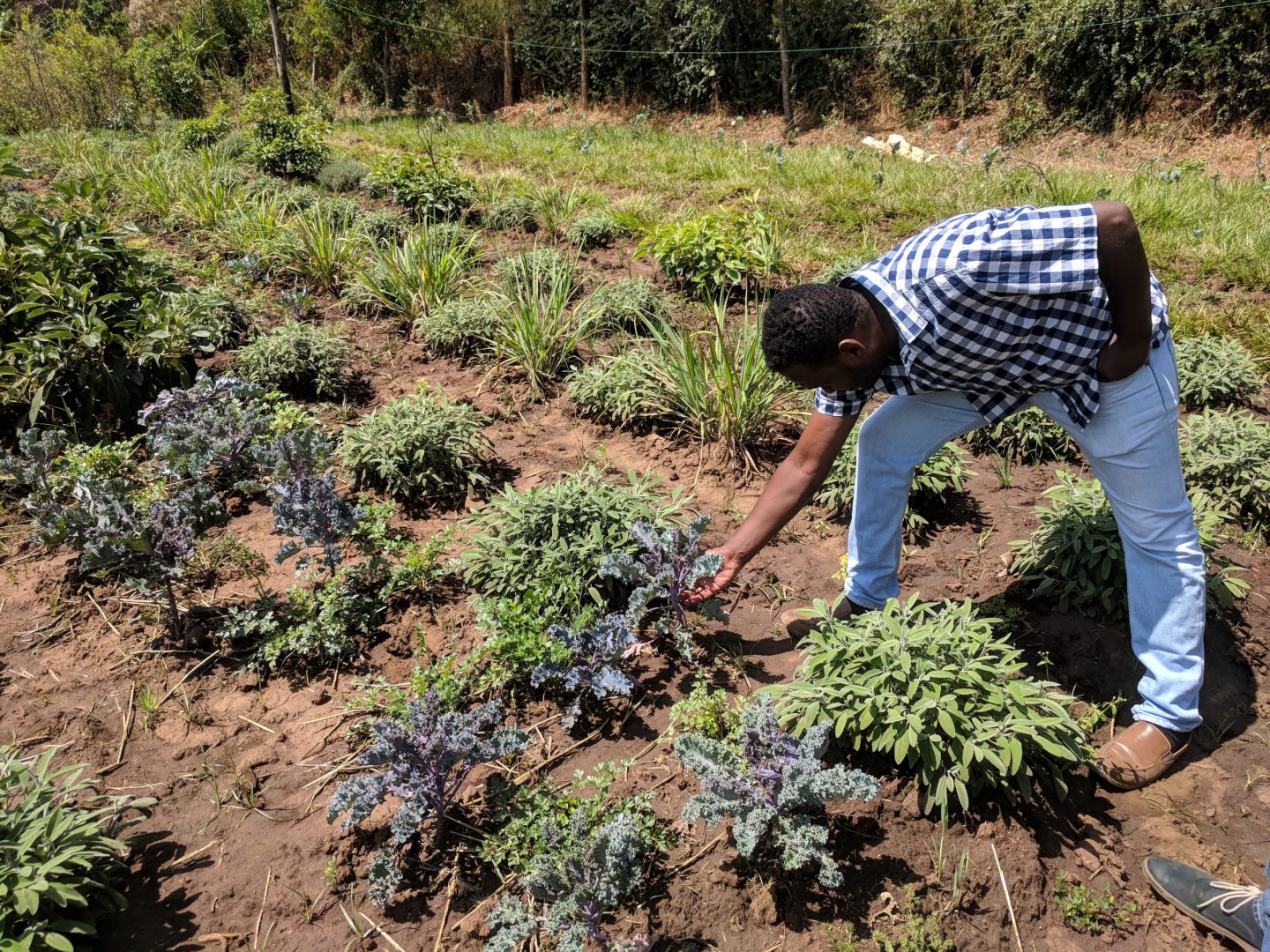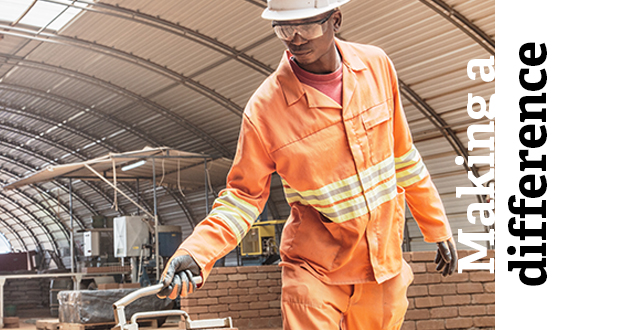Having a job provides one of the first steps out of poverty. The World Bank, for example, estimates that rising wages account for 40 per cent of the drop in poverty over the last decade. And people living in developing countries see having a job as very important too – it ranks third in their list of priorities behind good education and better healthcare.
In this series of short films, we meet three people working at different companies in Tanzania that we invest in. They share their stories on what having a job means to them, how their careers have progressed and what their plans are for the future.
Hawa’s story
Tea is Tanzania’s fourth largest export crop and the industry provides a vital source of employment for people living in rural areas.
Hawa Zaveli Mgulunde works for Chai Bora, a tea manufacturing company we invest in based in the Southern Highlands of Tanzania. She lives with HIV and having a job means she can access the medication she needs. A steady income has meant she’s been able to pay for her children’s education, and she now keeps a small commercial garden and rears chickens.
Hawa says Chai Bora’s success has been hugely important to the community in the rural town of Mafinga, where she lives:
“Tea has really changed people’s lives. People have been able to build houses, some have bought vehicles, motor bikes.”
Danford’s story
A reliable electricity supply can spur Tanzania’s growth, enabling people to power homes and businesses. “The problem”, as Danford Mpalanzi says, “is only one out of five people access electricty [at the moment]”.
Danford works for Songas, an independent power company we invest in. Its plant in the capital, Dar es Salaam, provides around 20 per cent of the country’s electricity and has the capacity to support around 100,000 jobs.
Danford began his career at Songas in 2005, when he joined the maintenance team. With continued training and development, his career has progressed and he’s now an Electrical Supervisor.
Danford is proud to work in a sector that contributes to his country’s growth: “I’ve been able to sustain my life and send my children to school. They feel great to have a family member contributing in power generation sector – my son is still young but he told me one day he wants to become an engineer.”
Stellah’s story
Quality jobs are needed to empower women and achieve the Sustainable Development Goals. In sub-Saharan Africa, only 20 per cent of working women work in formal jobs, which pay a wage or salary.
Stellah Obongo has developed her career with Whitedent, a toothpaste manufacturing company based in Dar es Salaam. She began working there as a Merchandising Assistant 13 years ago and is now a Branch Manager. As Stellah says, her drive and commitment have helped her to progress, “business is in my blood. It is my passion”.
Stellah has been able to juggle the demands of a career with being a single mother, and the security of having a job has meant she has been able to pay her son’s school fees.







